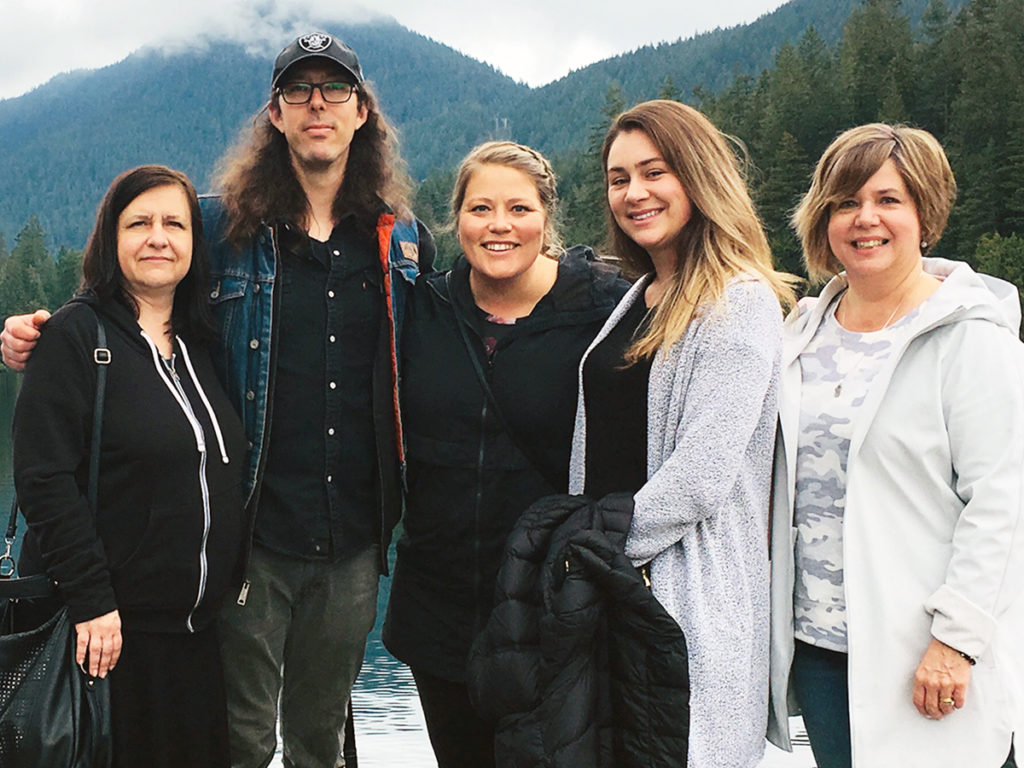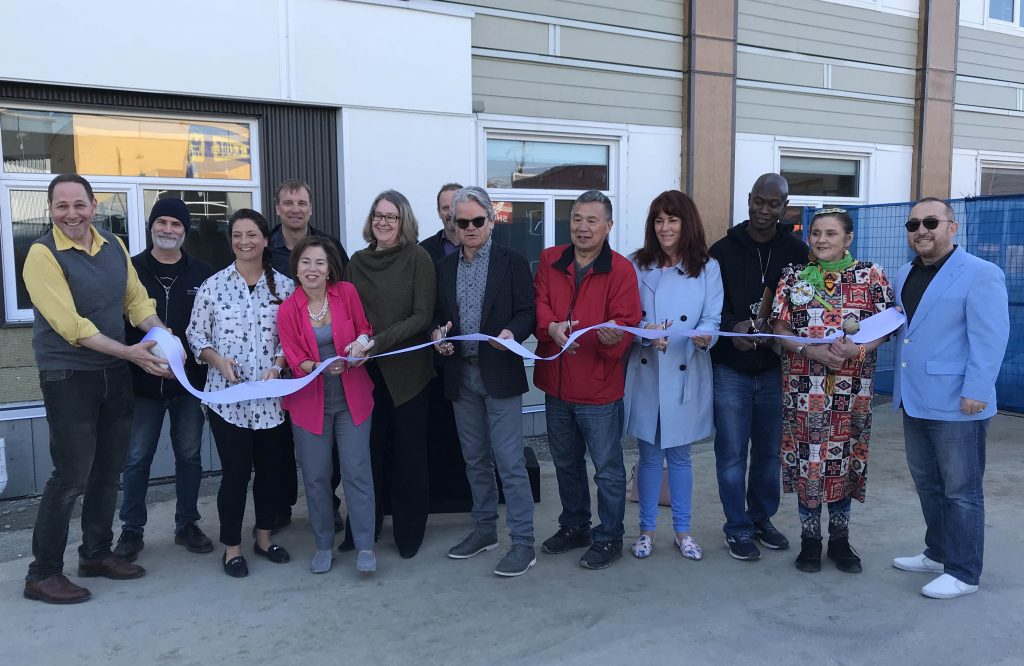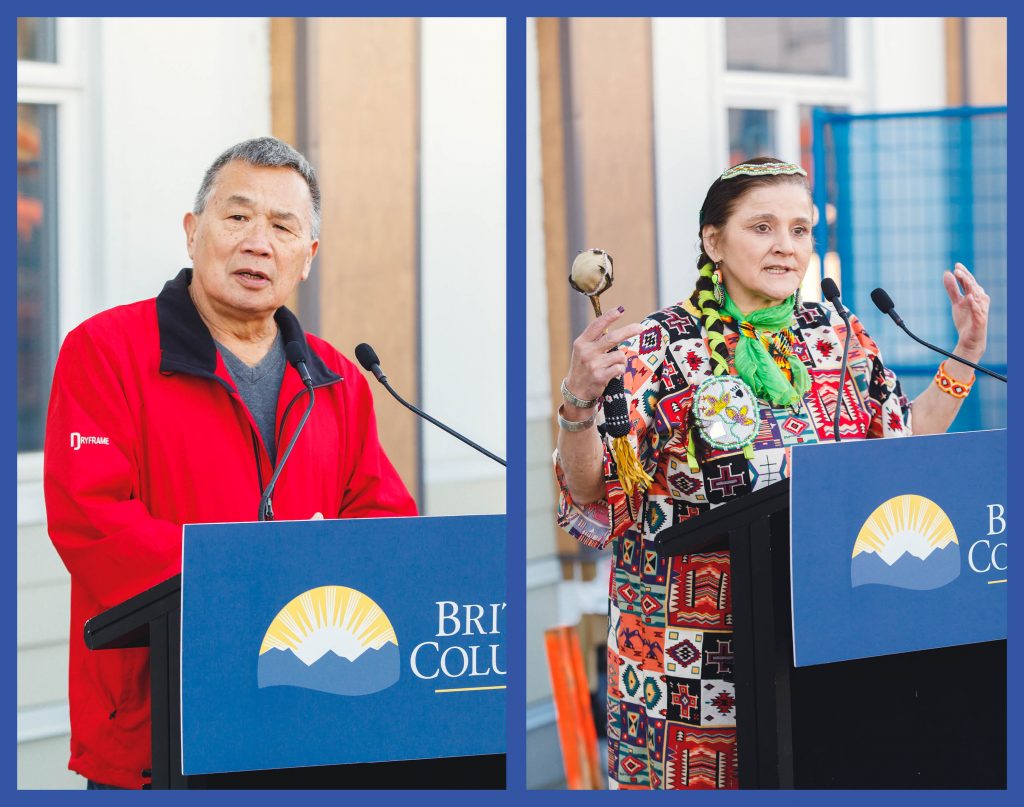“They really do save lives.”
That’s the short answer. Jennifer Conway-Brown, a harm-reduction lead with Fraser Health shared this in a recent Vancouver Sun article. Lori Culbert from the Sun visited a number of Metro Vancouver OPS (Overdose Prevention Sites), including the Thomus Donaghy OPS that RainCity operates in Vancouver’s Downtown.
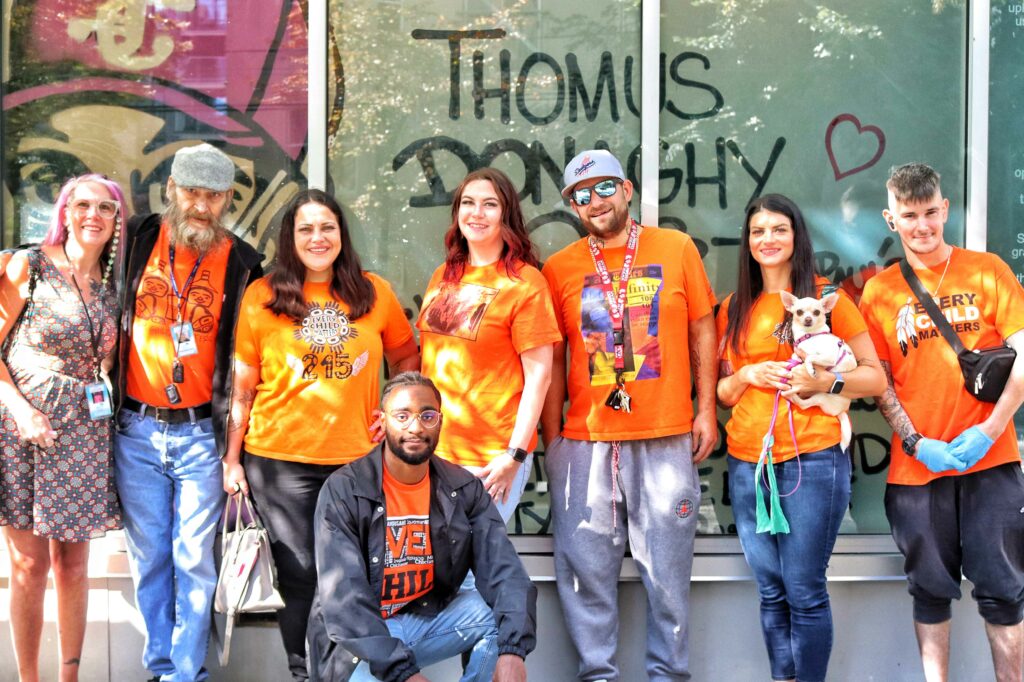
Since moving to a new location in April this year, the TDOPS has had 5,362 visits, showing the need for an OPS in that neighbourhood. This location also has inhalation tents (two-thirds of people who died in 2024 were smoking drugs, while only one in 10 were injecting), a cooling area for the summer heat, and small kennels for dogs to stay in while visiting with their owners.
On the fourth floor of St Paul’s Hospital in Vancouver is an OPS where RainCity Peer Witnesses build connections with patients and nurses to assist in safe consumption and community connection upon discharge. Since May this year this OPS (which also has outdoor space for inhalation) has had 4,482 visits, the majority accessing the inhalation space. All these visits are in patients of St Paul’s – they’re not walking in off the street – and safely return to the ward of the hospital where they’re staying.
But it’s not just a Downtown Eastside issue or even an urban issue. Almost half of the OPS in B.C. are outside the lower mainland. This is an intentional response from all provincial health authorities since the leading cause of death in B.C. among people aged 10 to 59 is now poisoning from unregulated drugs. Almost 15,000 people have died since 2016. The good news is that nearly 29,000 overdoses were successfully reversed thanks to having OPS set up across the province.
It’s also an intensely debated national issue as well. Ontario Premier Doug Ford has decided to close 10 of the 23 OPS in Ontario, concerned about their proximity to schools and daycares while promising more treatment services. This goes against the expert opinions in two reports sought out by Ford and his government, reports saying the province needs to keep OPS open and EXPAND harm reduction services, not close them down.
Conservative Party leader Pierre Poilievre, who has labelled supervised consumption sites “drug dens” has vowed to withdraw federal funding for sites if elected and believes “reasonable restrictions” can be put in place to prevent them from opening “in locations that endanger the community, or where there is community opposition.”
We saw an example of this in Richmond, B.C., where a small but vocal group made it clear to Vancouver Coastal Health (VCH) they did not want an OPS opening near Richmond Hospital. It’s worthwhile noting that while VCH chose not to pursue this, Richmond Mayor and Council “voted 7-2 in favour of exploring the possibility of establishing such a site for people with addictions in the city, despite overwhelming public opposition during open council meetings.”
A recent Globe and Mail editorial acknowledge and agree with the reports provided to the Ontario government, recommending expanding and improving harm reduction services, not eliminating them. The editorial also emphasizes the importance for OPS operators to be responsive to neighbours’ concerns, something that our staff at all the OPS we operate pursue on a regular basis.
What can you do?
If you think Overdose Prevention Sites are needed in your community, reach out to your Mayor and Council, MLA, or MP and let them know you support having an OPS in your neighborhood because they save lives, provide connections to health care resources, and access to services that include treatment. Keeping people alive means they can make those connections, pursue treatment, and live a long life.
How to contact all three levels of government in B.C.
August 31 is International Overdose Awareness Day
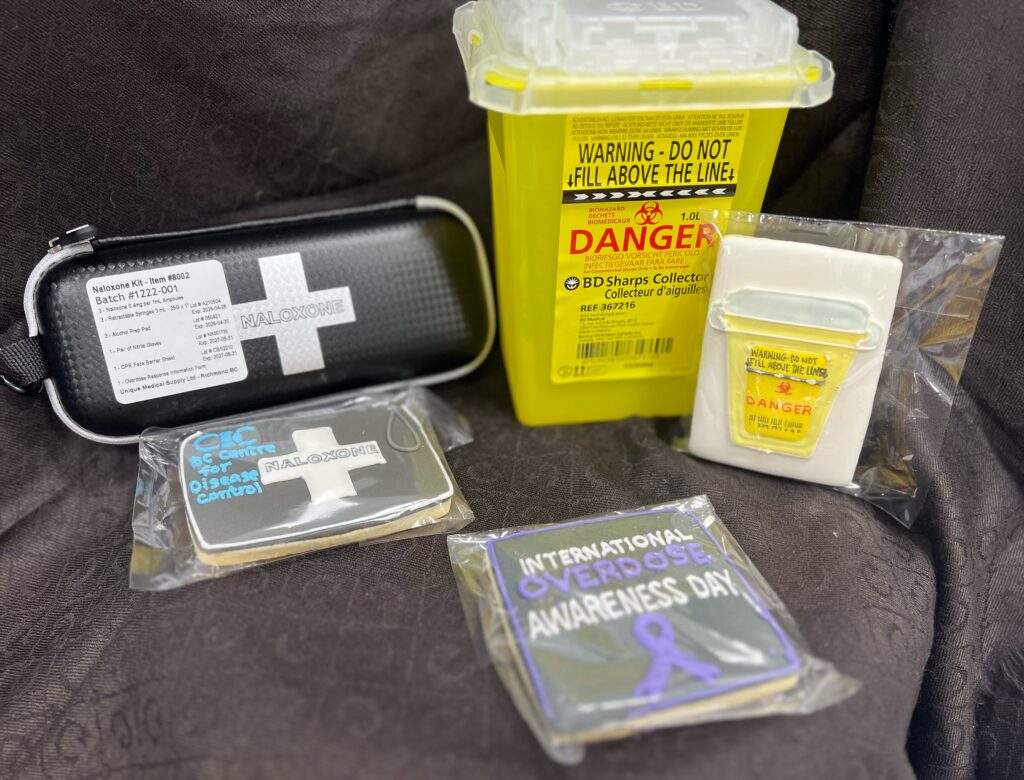
August 31st is International Overdose Awareness Day and there are events taking place throughout B.C.’s lower mainland, as part of the world’s largest annual campaign to end overdose, remember without stigma those who have died and acknowledge the grief of family and friends left behind.
Here are some links to events and note that some are as early as tomorrow (Aug 29):
- Light the night purple for International Overdose Awareness Day in Maple Ridge
- Sunshine Coast International Overdose Awareness Day event moves to Mission Point
- Other events in and around Vancouver (zoom in to your community!)
What do you think?
Please let us know! Comment on this blog post or on Facebook, Instagram, or X.
